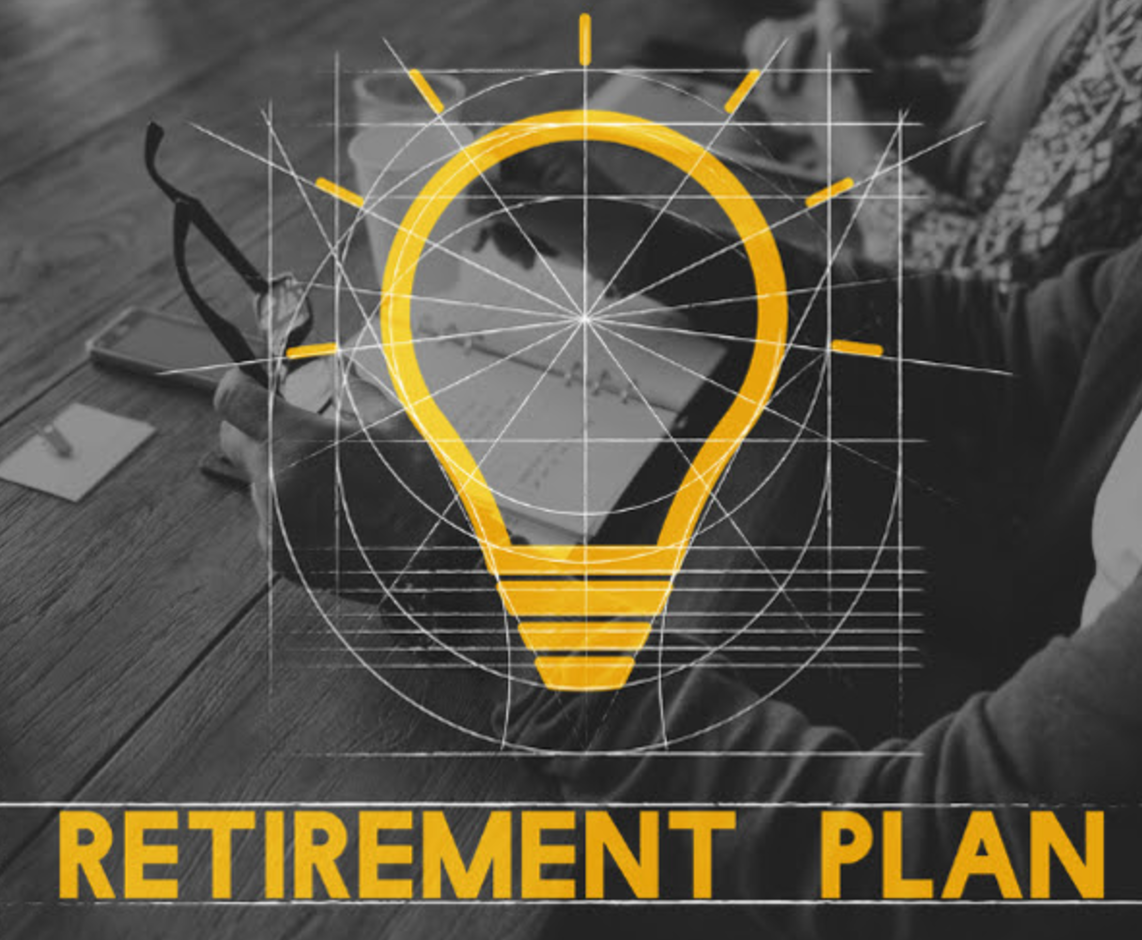Should Real Estate Be Part of My Retirement Plan?
Jake Walker in Michigan asks:
“I am 25 and wonder how I'll retire since I won't have a pension like my parents. Last year, I bought a rental property and my return was much higher than what I saw on my 401(k) and Roth IRA. I look at this as a way to diversify my portfolio and also generate cash flow in retirement. Basically, my version of a pension. Is this a good approach to have? “
Rental property seems to be more of an option for many millennial clients, as he himself has become a landlord to add diversity to his portfolio.
But this is not to say that there is no risk. I’m sure you’ve guessed by now, that there can be risks when investing in real estate. If a stock investment or emergency fund is something that’s not tangible like it was for Walker, you’re probably not ready for a rental property.
But not to worry, there are still ways to have an investment in Real Estate.
Here’s what financial planning experts are saying:
Why It could be a good idea:
1. The more the better.
Branching out in investments are important, especially when you’re saving for something that is so far ahead in the future. You invest in a variation of stocks because when one goes down, hopefully the others don’t. And let’s not leave out investing in bonds, because they are not as quick to change as stocks and tend to go the other way. Diversification in investments reduce the chances of losing a lot of money at one time.
"Real estate is great for adding diversity to your portfolio. It's tied to the market like anything, but it's not going to be correlated the way stocks and bonds are," said Angela Coleman, a CFP at the Kentucky-based Unified Trust Company. She said that steady growth over time is more likely to happen, than property value or rent to notably jump.
Jake Walker is doing quite well at 25 than most of us at that age. Telling us he’s maxed out his 104(k) while saving money in a Roth IRA, him adding Real Estate to his portfolio could be a good move. "I think it's a really smart idea to look at real estate as an income-producing pension replacement," said Maggie Kirchhoff, a CFP at a Colorado- based firm called Business & Personal Finance
2. The number two reason would be the cash you’ll receive from charging rent.
At first you may not see much money. The first things you’ll have to do is cover your mortgage payments, including insurance, taxes and homeowner fees. This can take up to at least 25% of the rent, Coleman said.
Keep in mind that this does not include the cost of any maintenance for the property or gaps between tenants. With that in mind, she suggests starting an emergency fund from the rent. But hopefully you’ll have the mortgage paid off in 30 years and by the time you retire.
If you continue to rent out the home, you could be looking at a nice flow of income. Or you can live in the home if you choose or even sell it.
To wrap up:
If you are planning to add Real Estate as part of your retirement portfolio, I can help you locate the perfect house to fit your needs. Make sure to get insight of local markets to see if this is a good fit for you.
John Castelli, Realtor
(773) 851-7636
- Enhancing Property Appeal: The Role of Auto Detailing in Real Estate
- Why You Should Work with a Real Estate Agent
- Unlocking the Advantages of First-Time Homeownership in Chicago's O'Hare Region
- Unlocking Long-Term Gains: The Value of Owning a Home in the Chicago Area
- Why Your Chicago Home Didn't Sell: Insights and Solutions
